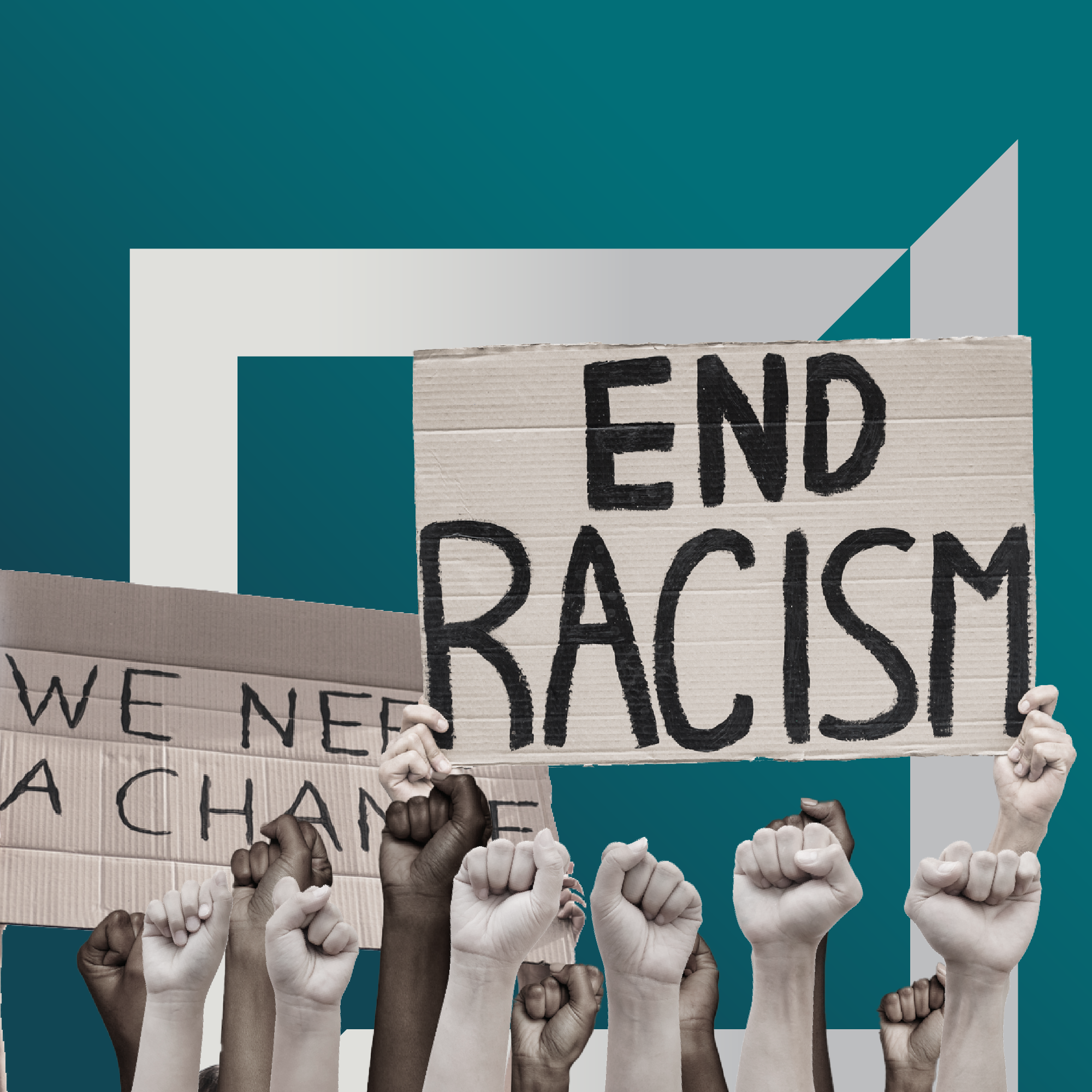

Teaching students about race, gender and sexual orientation; training around diversity, equity, and inclusion; discussing the realities of structural racism—all of these activities have been targets of legislation which labels them “woke” in an attempt to discredit and demean them.
The term “woke”—which has long been used by Black Americans to mean being awake to the reality of injustice in the United States—has in recent years been hijacked by some groups and politicians and redefined as a pejorative. Anti-woke discourse is rampant in the United States, and various bills—such as Florida’s “Stop WOKE” Act—use the term explicitly in legislation.
This discourse is racist, transphobic, and reactionary. So, how can we counter it?
What our research shows:
In the fall of 2023 we held a series of focus groups in which we presented participants with a fictional piece of anti-woke legislation based on real bills introduced across the country that would:
- ban teaching about “systemic racism” in K-12 education;
- prevent transgender youth from participating in school sports that match their gender but not their sex; and
- prevent public funding from being used to support diversity, equity, and inclusion programs (for example, in public universities).
Later, we offered the participants messages that used three different frames, all of which are being used by progressive advocates and organizers:
- A freedom frame
- An honesty and integrity frame
- A frame that explained the original meaning of the term “woke”
We then split participants into groups and asked them to select a framing strategy to argue against the fictional anti-woke legislation. Participants largely picked the freedom frame to make their case. When presented with this frame, it helped participants across the political spectrum think about how anti-woke legislation violates American values and ideals by depriving us of our right to say, teach, and learn what we want:
“This bill contradicts the exact founding of our country. People came here from other lands just to seek freedom—just to seek freedom of religion, freedom of assembly. And again, that’s stated in the Bill of Rights in the Constitution. Also, your freedom does not supersede someone else’s freedom. So you—your choice to live your life and make the choices in your life has no bearing on someone else’s choices.”
—Research participant, mixed political group
In all-Republican focus groups, the freedom frame also generated thinking about how banning DEI initiatives and the teaching of systemic racism is a slippery slope—one that might lead to further suppression of free speech.
How “freedom” framing works:
In our focus groups, we used the following language to capture the core idea of the freedom frame:
Freedom is essential to our society. We all need to be free to be ourselves and to speak our minds. That means being able to have open conversations about race in our society and being free to live as ourselves. This legislation would violate this freedom to speak our minds and to be ourselves.
Note that when we frame with “freedom” we are:
- Opening with an assertion that freedom is essential to “our society”—this could be modified to read “our community,” “our country,” “America,” etc. depending on your specific communications context.
- Balancing talking about freedom from restrictions with talk about freedom to—the freedom to be ourselves, the freedom to self-express, etc.
(Here are a couple of examples of how freedom framing is being used in real life.)
What comes next?
We’re going to be looking into freedom framing much more in 2024, including in a large-scale, nationally representative survey experiment. We still have several questions to answer, such as:
- Which “flavor” of freedom framing works best to counter exclusionary thinking? Freedom to be ourselves? Freedom from oppression or domination?
- Are there any unanticipated backfire effects? Does emphasizing individual freedoms lead to anti-government thinking?
- How does freedom framing work across issues, and are there spillover effects? For example, does appealing to freedom to counter anti-woke discourse or to argue for reproductive justice undermine a progressive vision of economic justice?
For now, framing conversations in terms of freedom seems like a highly promising strategy. Stay tuned for further updates!
Related resources:
- For more on navigating the moral panic about “Critical Race Theory,” see our strategic brief, Advancing Anti-Racist Education
- For framing recommendations around the importance of accepting and affirming the gender identities of trans youth, see Framing Guidance: How to Communicate about Transgender Youth
Countries: United States